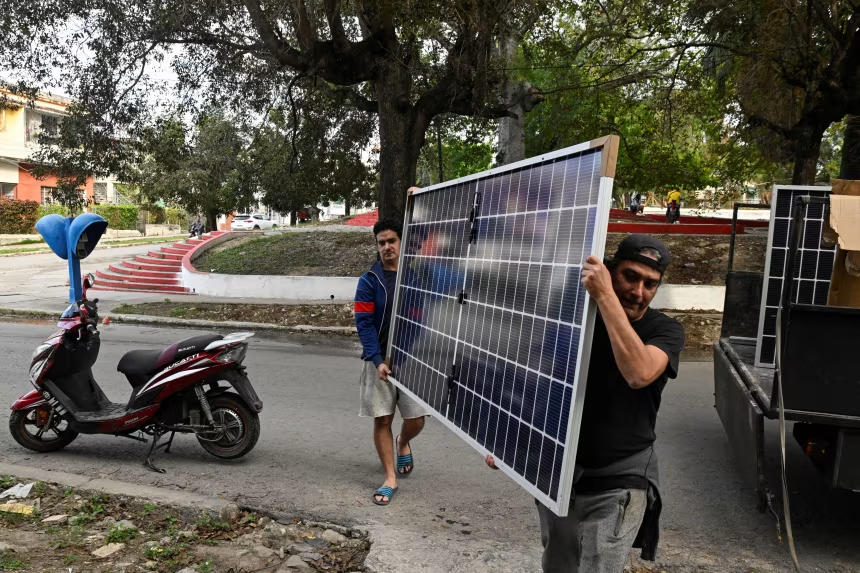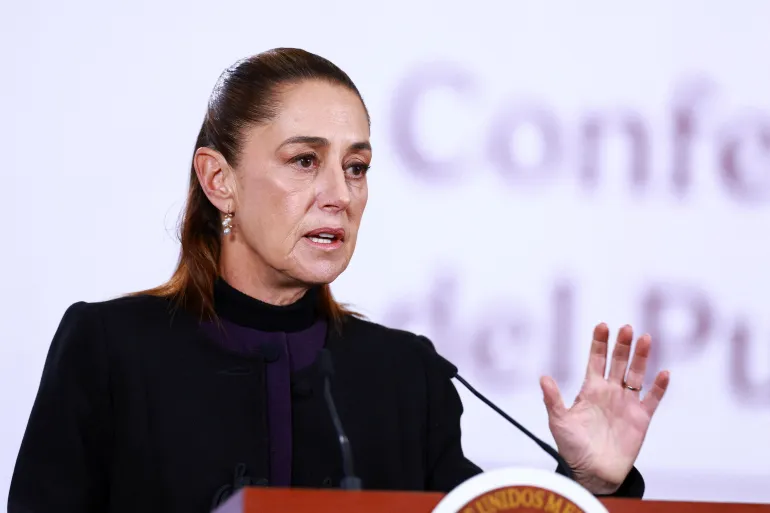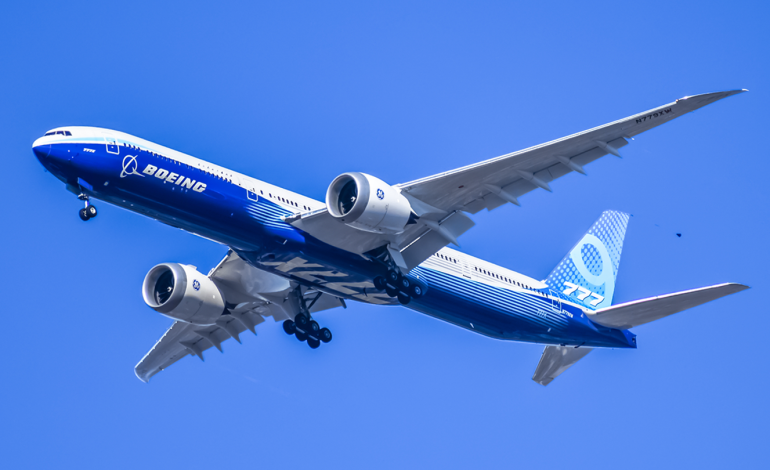China has lifted its ban on the delivery of Boeing aircraft, marking a notable shift in trade relations with the United States.
The move follows a temporary agreement between the two countries to reduce steep reciprocal tariffs, providing a 90-day window to negotiate a broader trade deal.
According to sources familiar with the matter, Chinese officials have recently informed domestic airlines and regulatory bodies that deliveries of US-manufactured planes may resume. The announcement comes after a period of halted aircraft acceptance that saw at least three Boeing jets returned to the United States last month.
The easing of restrictions follows an agreement between Washington and Beijing to slash combined tariffs, which had exceeded 100% on both sides. Under the truce, US tariffs on Chinese imports have been temporarily lowered from 145% to 30%, while China has cut its own tariffs on US goods from 125% to 10%. Some earlier exemptions had already been granted to aerospace parts such as engines and landing gear.
Boeing, which has been caught in the middle of ongoing trade disputes since the Trump administration’s tariff policies, has faced delivery delays and market challenges in China—once one of its most vital markets. Chinese customers had declined to take delivery of new planes due to the cost pressures from tariffs, prompting Boeing to consider reselling dozens of undelivered aircraft. Although interest from other countries such as India, Malaysia, and Saudi Arabia had emerged, Boeing hesitated to redirect the planes due to specific configurations like seating arrangements tailored for Chinese airlines.
As of the company’s latest statements, Chinese carriers are expected to accept 25 of the remaining 30 undelivered 737 MAX jets built before 2023. Additionally, at least four 777 freighters are currently in production for Chinese customers.
Boeing had planned to deliver approximately 50 aircraft to China in 2025, with 41 already in production or completed. With the ban lifted, Boeing avoids the added time and cost of finding alternative buyers and secures anticipated revenue from these deliveries. The decision also provides a welcome reprieve for Boeing amid broader supply chain and production issues that have weighed on the company in recent years.
China accounts for about 10% of Boeing’s commercial order backlog and is expected to represent 20% of global aircraft demand over the next two decades. In 2018, nearly a quarter of Boeing’s deliveries went to China. However, trade tensions and aviation incidents—including the global grounding of the 737 MAX and a high-profile quality control issue in early 2024—have strained Boeing’s foothold in the Chinese market, where Airbus has gained ground in recent years.
Despite the positive momentum, industry analysts caution that the resumption of deliveries may be short-lived if no long-term trade agreement is reached during the current negotiation window. The 90-day tariff reduction is a provisional measure, and without further progress, restrictions could return.
With input from Reuters, Bloomberg, and FOX Business.










The latest news in your social feeds
Subscribe to our social media platforms to stay tuned